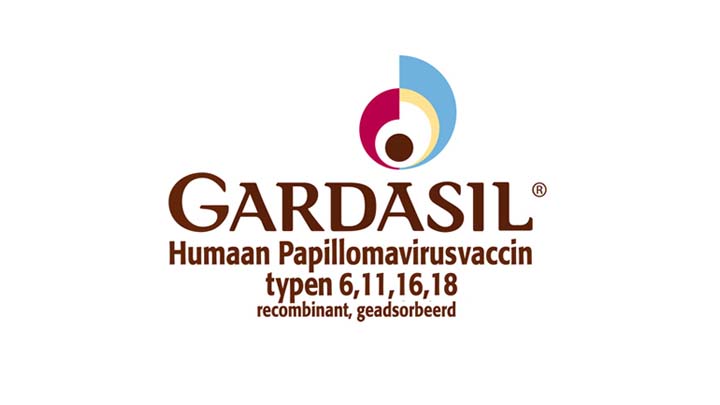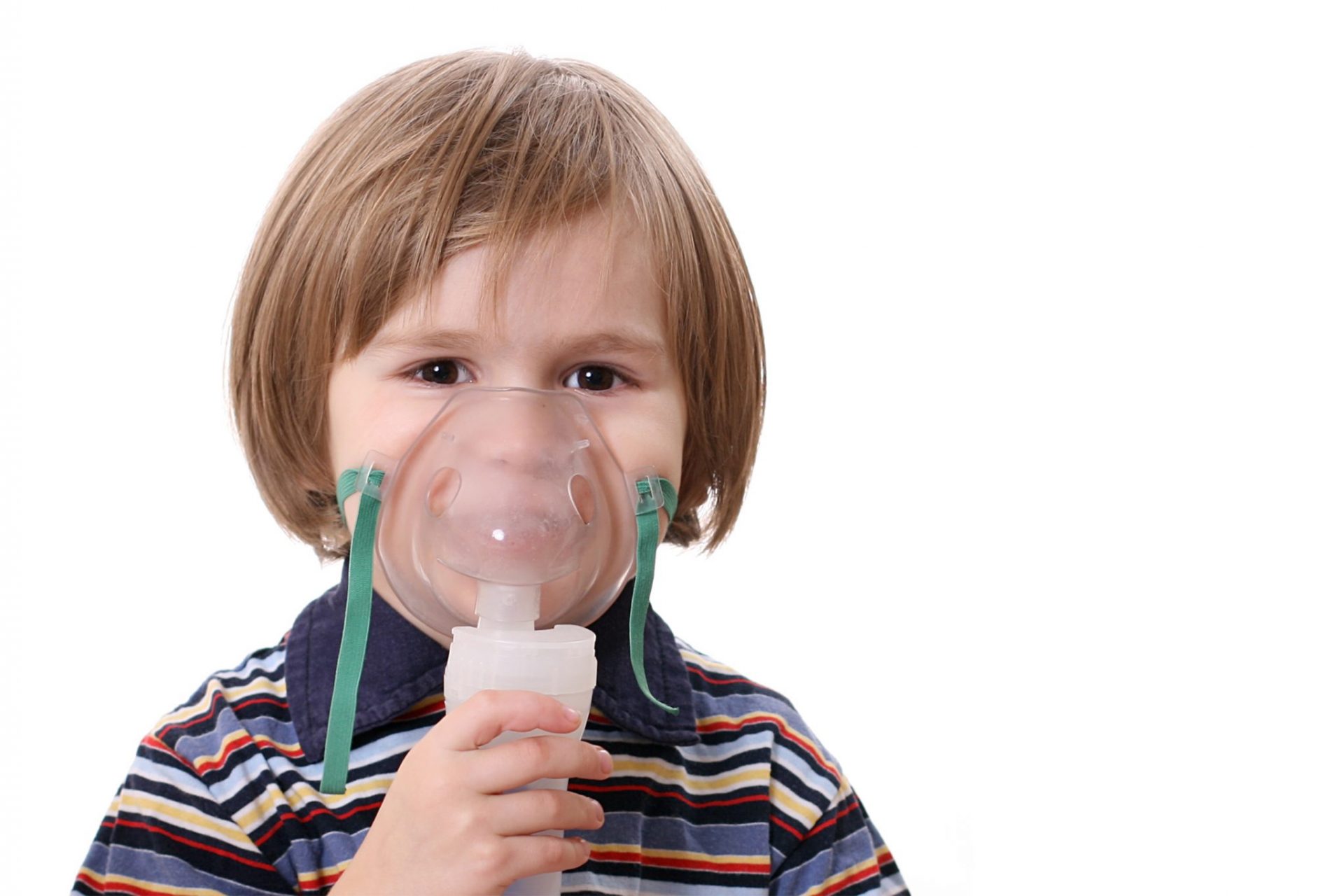Vaccines cause antisocial behavior, according to a NEW study
(NaturalHealth365) A brand new study on vaccines has yielded some troubling – antisocial – results. Published in the peer-reviewed journal Pharmacological Research, the study assessed whether an inoculation with a vaccine containing an aluminum called Alhydrogel would lead to cognitive or behavioral change.
And, before we go on, we should warn you: this is the same kind of aluminum found in many vaccines given to children. As an animal study, scientists have been relying on them for decades – as a way to provide valuable insight into the effect of drugs on mammalian organisms.
In other words, we should be paying attention to the results.
Aluminum-containing vaccines trigger aggression and antisocial behavior
The group of researchers for this study are from the Universities of Zaragoza and Navarra in Spain. Some people may wonder why we don’t have scientists in the U.S. studying the link between vaccines and antisocial behavior.
Well, for those new to this information, one can only ‘follow the money’ to understand that big pharma would never allow it.
Back to the results of the study.
For their research, they separated 21 male lambs into 3 groups. Group A was a control group – these lambs were only injected with a placebo containing normal saline. Group B was injected with Alhydrogel® only (the aluminum adjuvant commonly added to vaccines). Group C was injected with another aluminum-containing vaccine.
Over the course nearly one year, 16 inoculations were given. Any guesses as to what the researchers found? It wasn’t pretty.
Here are some of the behavior change noted in groups B and C:
- Decreased “affiliative interactions” with the rest of the flock (aka, antisocial behavior)
- Increased compulsive eating
- Increased excitatory behaviors (e.g., restless and repetitive pacing), a heartbreaking indicator of stress or central nervous system damage
- Increased aggression (as noted by a troubling behavior known as “wool biting”…literally biting off the wool from other lambs’ bodies)
The lambs injected with Alhydrogel® or the other aluminum-containing vaccines were also found to have higher levels of the hormone cortisol in their blood – a major indicator of elevated stress levels.
As the vaccine schedule has grown – with more and more vaccines being administered to our children at an early age – we’ve seen antisocial behavior, autism and anxiety/depression symptoms rise exponentially in our youth over the last two decades.
Another key indicator from the researchers’ data is that the male lambs who were injected with vaccines generally exhibited MORE of these deleterious behaviors compared to the animals injected with just Alhydrogel®.
Lastly, the researchers noted some of these changes were present even after just seven inoculations (with 16 given in total).
Vaccine-induced behaviors include an aggressive immune system response
While the sample size of this study was small, these findings are extremely troubling.
For one thing, sheep tend to be very social and like to be with their flock. The fact that even just seven inoculations of aluminum-containing vaccines could induce such unusual antisocial behavior should give all parents reason to question just how similar poisons could be impacting their own children.
Additionally, the researchers point out that aluminum-containing vaccines are already known to to be associated with a condition known as Autoimmune/inflammatory Syndrome Induced by Adjuvants (ASIA syndrome). In other words, exposure to aluminum adjuvant triggers a heightened immune response that can manifest as autoimmune and cognitive problems.
Could this help explain why a 2017 study (and other studies like it) published by a team of authors at Yale and Pennsylvania State University discovered that children diagnosed with anorexia, anxiety disorder, ADHD, and OCD were significantly more likely to have received vaccines within three months of their diagnosis compared to controls?
The connection is more than plausible.
Sources used for this article include:
ScienceDirect.com
ChildrensHealthDefense.org
NIH.gov
Frontiersin.org















